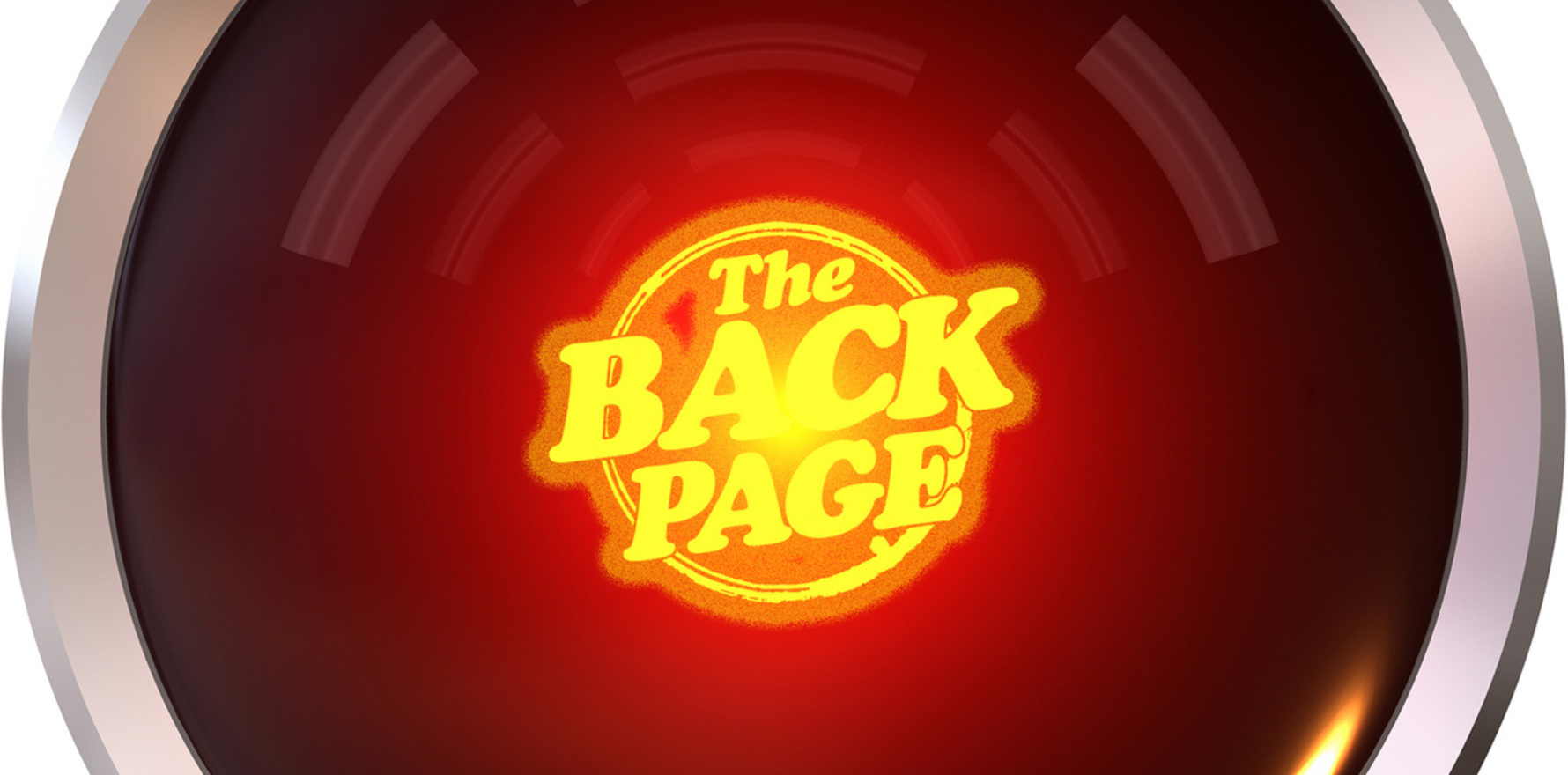Ob/gyn qualified AIs can’t be too far away and frankly I’m clenching in all the wrong places.
I grew up on science fiction movies of a certain type – think Blade Runner (1982), The Terminator (1984) and Terminator 2: Judgement Day (1991), and of course, the evergreen, top-shelf 2001: A Space Odyssey (1968).
Throw in a few books of note – this year’s Camp Zero and its Flick (an online feed that gets installed behind every baby’s ear in the near future), Neuromancer (1984), Brave New World (1932), The Three-Body Problem (2014) – and I think I know just about every way our AI overlords are going to do us over.
It never ends well. Unless by “well” you mean “cataclysmic uprising resulting in mass death and destruction leaving a tiny smattering of chastened yet plucky humans in its wake”.
Like it or not, letting an AI learn how to think for itself is a big mistake – I don’t care how much easier it makes writing patient notes and referral letters.
At the moment AI in health is a big topic – check out our sister publication Health Services Daily for the latest conversations. You can’t move for studies, opinions, strategies and governmental policy discussions.
The most chilling commentary I’ve seen, and I can’t tell you how much it pains me to give him oxygen, came from Elon Musk, a man as enmeshed in the development of AI as anyone on the planet (he was a founding investor in OpenAI, for example).
Watch Musk’s reaction when CNBC’s David Faber asks him what he would tell his kids about trying to forge a career in a world where AI might do their job better and more cheaply.
That’s encouraging, right? That 25-second gap where he has no words, is him basically saying, “AI is going to take your job, do it better, and guarantee higher profits, so, y’know, good luck”.
“That is a tough question to answer,” he says out loud. “Follow their heart and what they find most interesting to do, and try to be useful to the rest of society.”
Mhmm.
Now comes news that ChatGPT is doing better than human candidates in a mock ob/gyn specialist clinical examination.
Published in the American Journal of Obstetrics and Gynecology, the study authors selected seven stations that were in the objective structured clinical examinations (OSCEs) that had been run in the actual mock examinations in the two previous years, all similar in scope and difficulty, with no inclusion of visual interpretations to cater to the current limitations of ChatGPT. The stations were introduced in an identical format and in the same order to two human candidates – Candidates A and B, and ChatGPT, known as Candidate C.
“The average score given to ChatGPT by 14 examiners was 77.2%,” the authors reported. “The average historical human score (n=26 candidates) was 73.7%.”
“ChatGPT demonstrated sizable performance improvements over the average human candidate in several subject domains. The median time taken for ChatGPT to complete each station was 2.54 minutes, well before the 10 minutes allowed.
“ChatGPT generated factually accurate and contextually relevant structured discussion answers to complex and evolving clinical questions based on unfamiliar settings within a very short period.
“ChatGPT outperformed human candidates in several knowledge areas. Not all examiners were able to discern between human and ChatGPT responses.
“Our data highlight the emergent ability of natural language processing models to demonstrate fluid reasoning in unfamiliar environments and successfully compete with human candidates that have undergone extensive specialist training.”
Happy days. “Fluid reasoning” sounds damn close to real-time learning and adaptation to me, and that can’t be too far away from SkyNet and whatever the hell that thing was called in WarGames (1982).
I don’t know about you, my fellow people with female reproductive organs, but I do not want to be in the hands of GAL-9000 and have it say, whilst metallic elbow-deep in my pink bits, “I’m sorry Cate, I’m afraid I can’t do that”.
No thanks.
We need to take a break from what feels like an avalanche of advancement and put some fences around it.
If that means we need to crank open our own pod-bay doors for a while longer, I can live with that.
Sending story tips to penny@medicalrepublic.com.au makes you useful to the rest of society.


